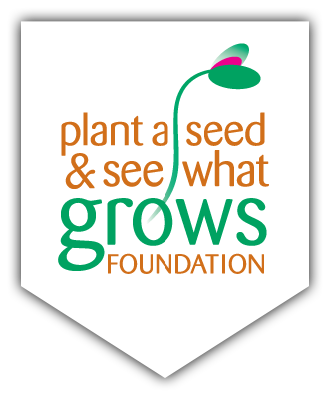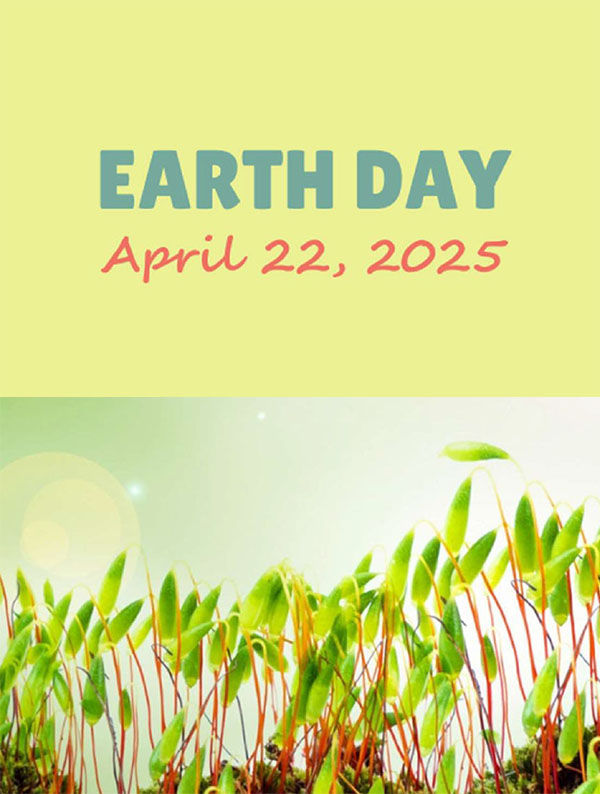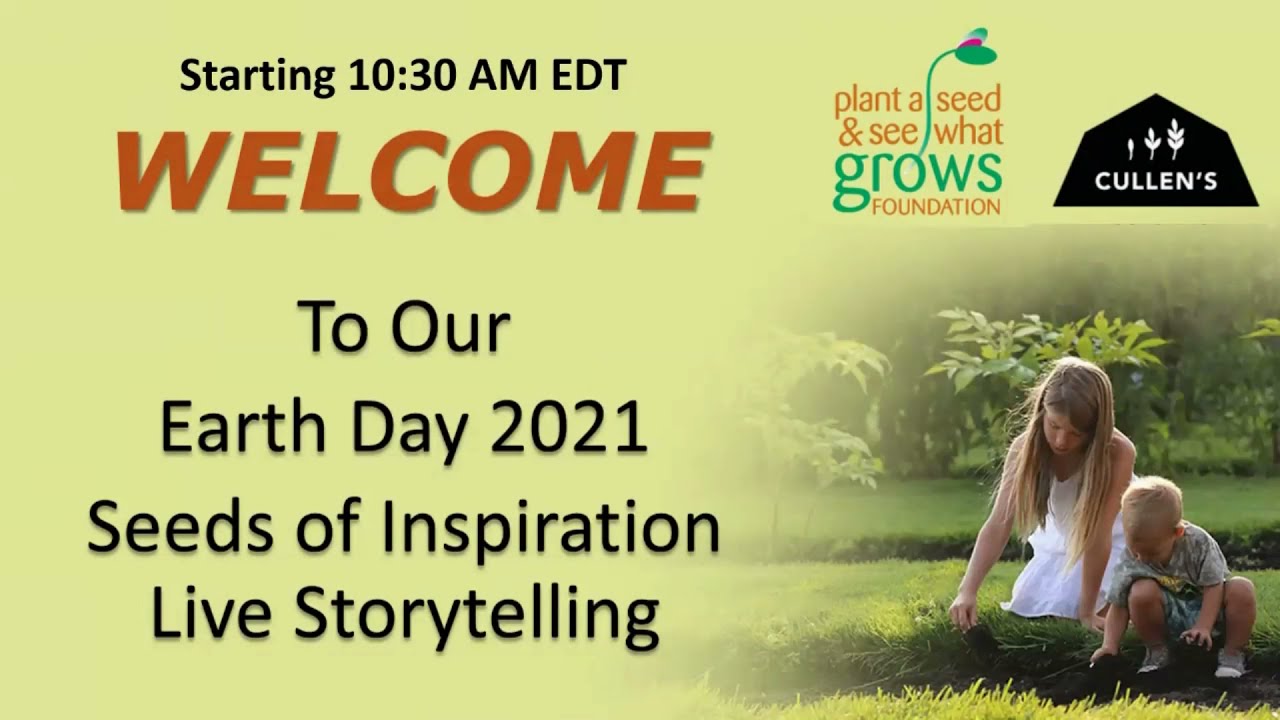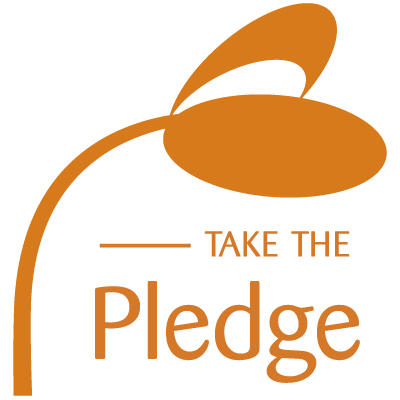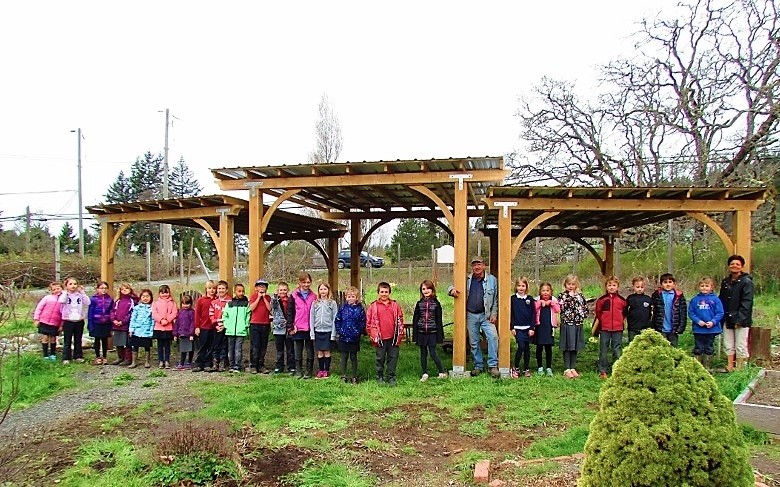In our recent post “Be Kind to Animals Week”, we interviewed Veronica Kacinik, RD, MSc, PHEC, CDE and Board Member of the Plant a Seed & See What Grows Foundation to get her perspective on different eating patterns which includes eating meat for some and suggesting more plant-based protein.
Veronica works with patients who follow different eating patterns which includes eating meat for some. She definitely encourages more plant-based protein but not as the only source of protein.
Q: Why should people consider eating plant-based diets? What are the health benefits?
A: People often consider incorporating more plant-based meals into their diet for many different reasons. It may be out of concern for cruelty to animals or they do not like the taste of meat. It may also be because of climate change and global environmental sustainability. For others, it may be part of their cultural or for religious reasons. In addition, there are true health advantages to eating more plant-based, which may also drive some. The Academy of Nutrition and Dietetics notes that people eating appropriately planned vegetarian and vegan diets are at a reduced risk of certain health conditions, including ischemic heart disease, type 2 diabetes, hypertension, certain types of cancer, and obesity. Often, these diets are often have a low intake of saturated fat and have a high intake of vegetables, fruits, whole grains, legumes, soy, nuts, and seeds which are all rich in fibre, vitamins, minerals and phytochemicals. These foods contributes to proper nutrition and reductions in chronic disease.
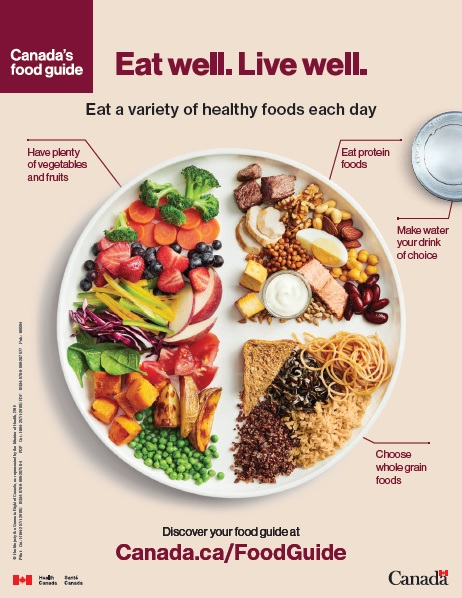
Q: Because “plant-based” has become such a buzzword lately, what’s an easy way for the public to assess if it is nutritious?
A: Adding the ‘whole food’ part to the plant-based. There are a lot of plant-based products or meat alternatives which could help people ease / transition people to a more plant-based way of eating, however many of these products are highly processed, contain artificial ingredients or food additives, and are often high in sodium. You should not have to sacrifice your health to save the planet. If you want to eat nutritiously and improve your health while helping the environment, you should avoid or minimize eating ultra-processed plant-based or meat alternative foods like meatless patties and chicken fingers, and focus on minimally processed foods like tofu, canned beans or frozen vegetables or whole foods like soy beans, cooked beans and fresh vegetables.


Q: What are some ways to transition to plant-based diets for an individual and for the whole family?
A: First of all, a plant-based eating pattern does not just mean eating vegetables. You want to make sure it is nutritious, balanced, and leaves you feeling full and satisfied. This is done by eating plant-based protein rich foods such as tofu, beans, lentils, chickpeas, and nuts, and healthy fats such as olive oil, nuts, seeds and avocados. Plus, dietary fibre from legumes, whole grains, seeds, vegetables and fruit, also help you feel full and your bowels will be happy, too.
A good way to start is by incorporating more plant-based protein foods into your diet and reducing animal-based protein such as substituting mushrooms and lentils for 1/3 to ½ ground beef in your meatballs or hamburger patties, make your stir-fry with tofu and cashews instead of chicken or shrimp, or making lentil tacos with lentils instead of ground chicken or beef. Another way to transition is by becoming plant-based part-time or plant-forward, starting small by choosing one day a week or one meal a day to eat meatless meals and snacks.
Remember, adapting and working towards a plant-based diet eating pattern takes time, planning and some effort. Make sure you break it down into small manageable steps instead of going all in, and you’ll be more likely to succeed. Life never goes smoothly so you’ll probably hit some bumps along the way with recipes not working out or food combinations and tastes you don’t enjoy. You may even put it on hold and decide to try again. If you do go ‘all in’, you may want to consult a registered dietitian to make sure you are getting all your nutrient needs through food or what nutrients you may need to supplement. This should be a journey of discovery, something you enjoy and genuinely want to endeavor on. In the end you’ll feel good because you figured out how eating more plant-based fits into your life, and you’ll be doing the planet good!
Here’s another good resource for plant-based eating: https://vegetariannutrition.net/

For more about the work of Veronica Kacinik, RD, MSc, PHEC, CDE, please visit:
For more on the Foundation’s work and impact, please click here.
Please help the Foundation encourage and promote clean and healthy eating habits here.
